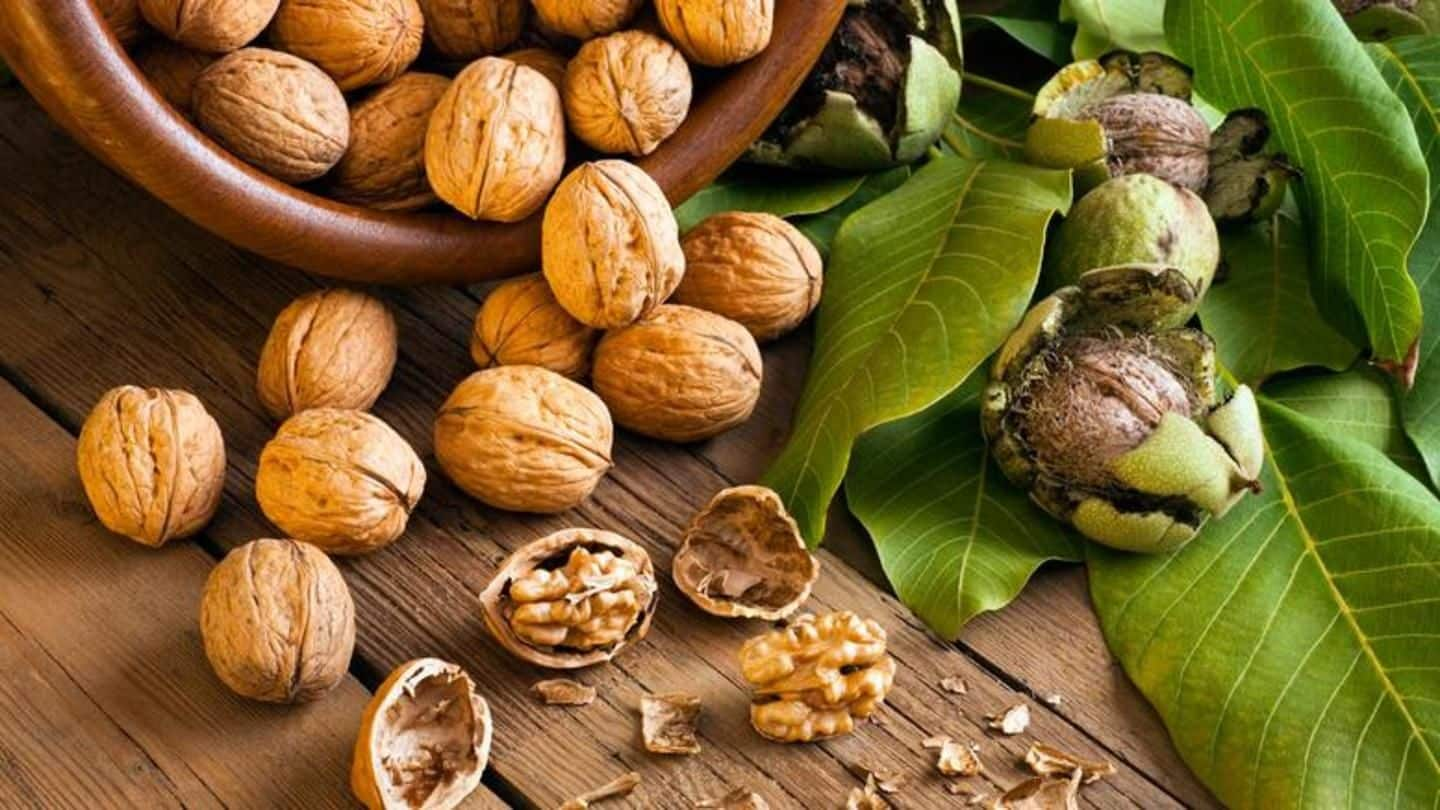
100% import duty, currency weakness hit walnut shipments from California
What's the story
Even as the nutritional benefits of walnuts are boosting consumer demand, the 100% import duty and currency weakness have affected the exports to India, said the California Walnuts Commission (CWC). Walnut exports to India are likely to decline from California, which produces 99% of the crop, due to 100% import duty and weakness in the rupee, CWC Senior Marketing Director, International, Pamela Graviet said.
Walnut production
India produces around 30,000-35,000 ton walnuts
"We expect the exports to India to go down further as the Indian Government has imposed 100% import duty on walnuts in 2017-18 from the earlier 30.9%. This has increased the prices of the nuts and impacted demand," Graviet said in San Francisco. The walnut crop year is from September-August. India produces around 30,000-35,000 ton walnuts in Jammu & Kashmir, government data stated.
Walnut demand
Overall demand for walnuts is around 45,000 ton in India
The overall demand for walnuts in India is growing steadily and is around 45,000 ton. The CWC began exporting the nuts to India four years ago and exported 10,468.43 ton in 2017-18. "The numerous health benefits of walnuts are steadily boosting demand of nuts in India. We expect that once the tariff issue is settled, the exports to the sub-continent will grow," Graviet said.
Information
India is becoming vulnerable to lifestyle ailments
India, like many other countries, is becoming vulnerable to many lifestyles ailments including diabetes, hypertension, and obesity among others, Graviet said adding that it is clinically proven that walnuts help in managing these health issues.
Ranking
India's ranking dropped from 10th export destination following tariff increment
The top export markets for the CWC are Germany, Japan, Turkey, China, Korea, and Spain. "India ranked 10th as an export destination. However, it dropped in rank in the 2017-18 crop year, when it increased the tariff to 100% from the earlier 30.9%," Graviet said. The CWC expects the ranking to improve again eventually as the Indian consumers are hungry for healthy vegetarian food.